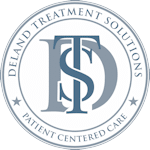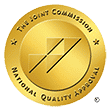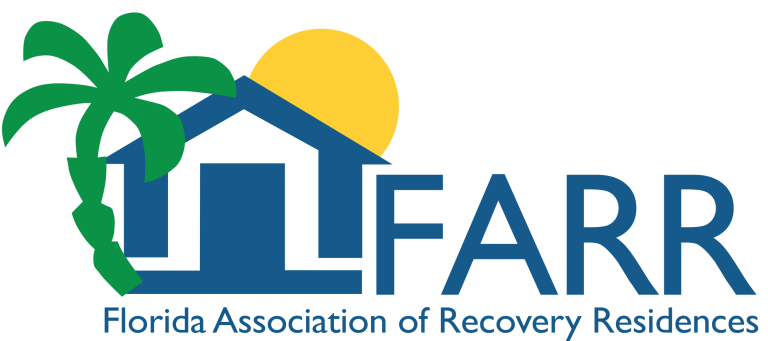Substance abuse and addiction—these two terms are often used interchangeably but they are two different types of patterns of behavior and have different impacts on a person. It’s important to know the difference between them, so you know when it’s time to ask for help, and what treatment to seek. In this blog, we will look at the definitions, the key differences, and examples of them and address related challenges.
What is Substance Abuse?
Substance abuse is defined as the improper or excessive use of things such as alcohol, prescription medicines, or illegal substances. It doesn’t always result in addiction but can be dangerous for the individual and those around them.
Examples of Substance Abuse
- Occasional Binge Drinking: A college student who consumed large amounts of alcohol at parties, but functioned fairly normally in other parts of their lives.
- Recreational Drug Use: Using marijuana socially without becoming dependent and engaging in risky behavior when taking marijuana.
Signs of Substance Abuse
- Skipping work, school, or home even when you have responsibilities.
- Driving under the influence is using substances in dangerous situations.
- Substance use-related legal or financial problems.
- Irritability or recklessness, short-term changes in mood or behavior.
By nature though, substance abuse usually begins as experimentation or social use that can escalate into more extreme ways if not addressed.
What is Addiction?
Addiction is a chronic disease resulting from compulsive substance use that even leads to harmful consequences. Physical and psychological dependence complicates cessation and can occur quickly, even if only once.
Examples of Addiction
- Dependence on Prescription Medication: Someone will continue to take painkillers for longer than the injury has healed, enacting the drugs over personal responsibilities.
- Compulsive Alcohol Consumption: A person is addicted to drinking so much every day that they can’t go a day without drinking, which can destroy relationships or job success.
Signs of Addiction
- Difficulty in either controlling or reducing substance use, even when the individual wants to.
- Experiencing withdrawal symptoms when not using the substance.
- Substance use causes you to neglect relationships, work, or personal well-being.
- Over time, physical health and mental health deteriorate.

Addiction destroys the way your brain fires and creates a desperate need for the substance. That’s why it often needs to be treated, professionally.
Support is available—you've taken the first step by starting your research.
Lorem ipsum dolor sit amet, consectetur adipiscing elit. Ut elit tellus, luctus nec ullamcorper mattis, pulvinar dapibus leo.
You can also start by checking your insurance coverage online.
Key Differences Between Substance Abuse and Addiction
There are important differences between addiction versus substance abuse.
- Level of Control: Typically substance abuse happens with some degree of control over use, while addiction is marked by a loss of control over use.
- Dependence: You cannot become dependent on a substance through substance abuse, whereas, addiction is a physical and psychological dependence and reliance on the substance.
- Behavior: Addiction, by contrast, is when you use substance(s) on a consistent, compulsive basis; substance abuse, conversely, is situational or episodic—or when you use substance(s) intermittently.
- Consequences: The short-term consequences of substance abuse are hangovers, arguments, or being late for work, whereas addiction has long-term effects that affect lives, careers, and relationships.
Understanding these differences helps determine whether an individual is experimenting with substances or experiencing a chronic issue requiring immediate care.
Get Help at DeLand Treatment Solutions
Seeking help early for substance abuse or addiction can make recovery easy. If you are struggling with substance use, at DeLand Treatment Solutions we provide compassionate, evidence-based substance abuse and addiction treatment programs. Our therapies and holistic support are personalized to help you find lasting recovery.

Take the first step today. If you have any questions about our services or how we can help, please get in touch with us.
Contact Solutions Healthcare
Battling with Drug and Alcohol Addition? Remember, you are not alone and we are here to help you!
Illustrative Examples
Substance Abuse Example
Periodically, Sarah ‘drinks heavily’ at social occasions, she is a 26-year-old professional. Sometimes, when she is late for work because she can’t get a cab, or sometimes at parties when she drinks too much, she has negative consequences, yet often she has control of it, and she doesn’t feel like she’s dependent on alcohol.
Addiction Example
John, a 38-year-old teacher, is going out every day to drink to relieve stress. He slowly increases his drinking, has withdrawal symptoms such as anxiety if he doesn’t drink, has started staying away from work or shows up late to the job, etc. He cannot stop drinking on his own, even though there are consequences.
These examples serve to illustrate the circumstances where misuse becomes an addiction with little or no awareness or attempt at early intervention.
Why Understanding the Difference Matters
- Early Intervention – Early intervention is possible when you know and recognize the early signs of substance abuse before progressing into addiction.
- Tailored Treatment – Lifestyle changes, counseling, or outpatient programs may work well to treat substance abuse. Cleansing, treatment, and long-term support are often needed for addiction.
- Reducing Stigma – Understanding addiction is a medical condition rather than a moral failing helps foster empathy and encourages individuals to seek help.
Difference between substance abuse and addiction level of control, dependence, and the severity of resulting consequences. Substance abuse is inappropriate or excessive use and addiction is a chronic, uncontrollable overdependence that causes significant problems in every aspect of life.If you or the person you care about is going through something, know that there is help available. We offer compassionate, expert care based on your needs or those of the person you love. Don’t delay and contact us now to start your path to a better life.





























